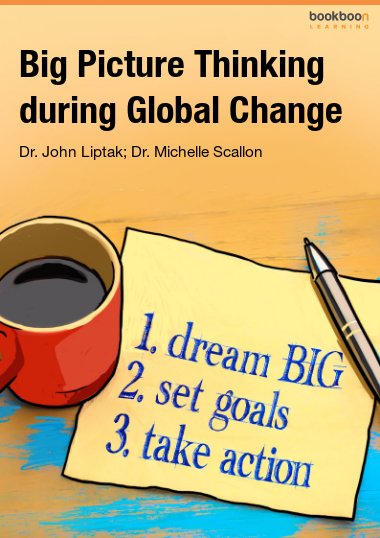This new e-book will teach you how to think as big as the astronauts do. Thinking big will allow you to change your view of problems, so they become easier to solve. Big Picture thinking will help you adjust the lens of your goals, so you do not get caught up in unnecessary details. Find out how to ask great questions. Acquire characteristics of a Big Picture Thinker. Start thinking sideways to speed up your success and learn how to rise above stress.
About Authors
Dr. Michelle J. Scallon earned her Ph.D. in Clinical Psychology in 2007 from Seattle Pacific University. She has many years of experience providing psychotherapy in correctional and outpatient settings. Her dissertation was titled “The Impact of Social Support and Humor on Levels of Hope in Individuals Who Are Coping with HIV/AIDS.” She is passionate about helping people capitalize on their strengths. Dr. John J. Liptak is an internationally-recognized author with thirty years of work experience providing counseling. He has authored over 100 workbooks with Ester Leutenberg, 31 career assessment instruments, and ten books. John earned an Ed.D. in Counselor Education from Virginia Tech. He lives in Radford, Virginia, in the United States and is President of the Center for Career Assessment, Inc. John has written nine books for Bookboon.


